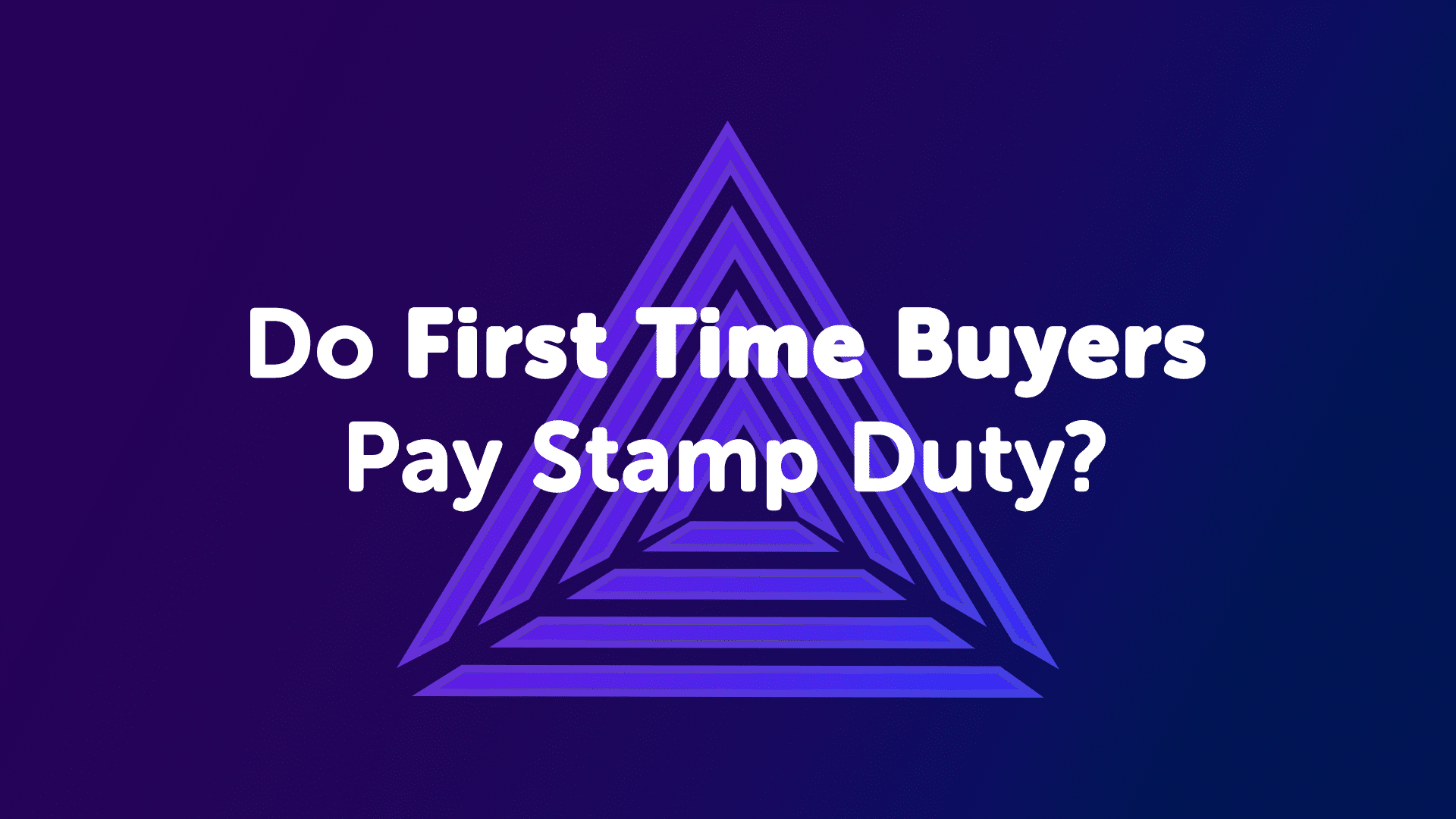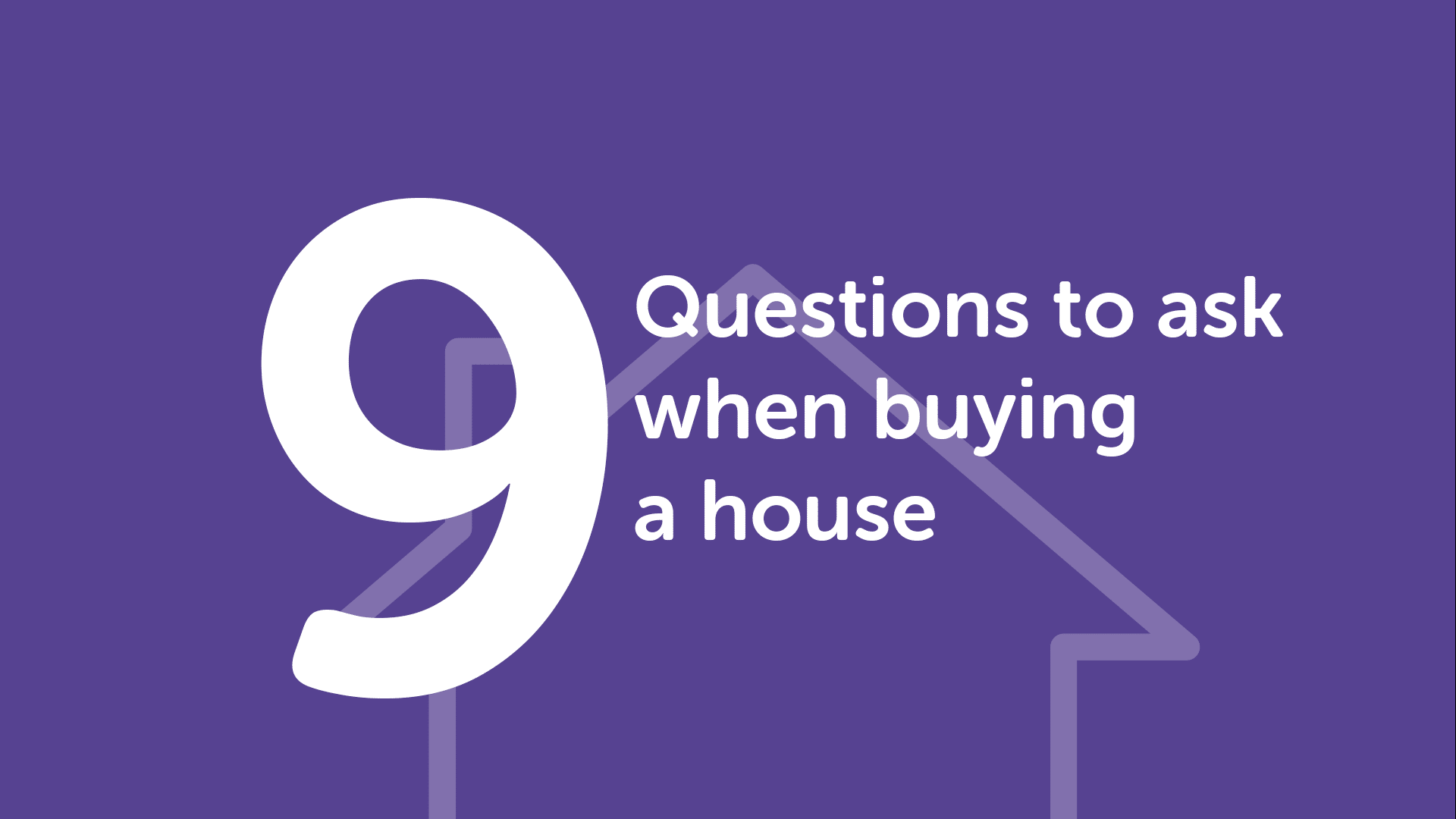Please note that the information contained in this article is for general guidance purposes only and should not be considered as legal, financial, or tax advice.
All information regarding Stamp Duty is taken from the government website and is in-line with the September 2022 Mini-Budget. The laws and regulations related to Stamp Duty are subject to change, and the information in this article may not reflect the latest updates or changes in the law.
The amount payable for Stamp Duty will entirely depend on personal circumstances. Please speak with the solicitor acting on your behalf, who will be more appropriate to advise on this.
Information Source: MoneyHelper
Stamp Duty Land Tax is a tax that applies to owners of residential properties in England and Northern Ireland. It encompasses both leasehold and freehold properties, including those who have a mortgage and those who have purchased the property outright.
For a first time buyer in Lincoln, Stamp Duty is exempt for properties valued at £425,000 or less. If the property’s value exceeds this amount but doesn’t surpass £625,000, you won’t pay Stamp Duty on the first £425,000.
Beyond that threshold, Stamp Duty applies to the remaining amount at a rate of 5%, up to £200,000. However, if your property’s cost exceeds £625,000, you won’t qualify for first-time buyers’ relief and will be subject to the standard Stamp Duty rates.
To be eligible as a first time buyer in Lincoln for this relief, you must be purchasing your only or primary residence and have never previously owned a property, whether in the UK or abroad.
As of the time of this writing, these rules are in effect until March 2025. Beyond that date, Stamp Duty will revert to the previous thresholds.
Why was Stamp Duty relief introduced for first time buyers in Lincoln?
In an effort to enhance accessibility in the property market, the government introduced revisions to Stamp Duty regulations specifically tailored to first time buyers in Lincoln.
As you may already know, accumulating the necessary funds to cover mortgage applications, deposits, and conveyancing fees can be a considerable challenge.
Existing property owners often have the advantage of built-up equity in their homes, which can be leveraged to meet the costs associated with purchasing a new property.
However, for first time buyers in Lincoln, the situation is quite different. They are typically either renters or may not possess the same level of equity on which to rely.
Are there any exceptions to the rule?
As mentioned earlier, the exceptions to these rules apply to properties valued over £425,000 but up to £625,000, in which case you’ll pay a proportion of the amount exceeding £425,000. For properties valued over £625,000, first-time buyer relief does not apply.
Regrettably, even if you’ve never previously owned a home, you do not qualify for first-time buyer relief if you’ve inherited a property. The same rule applies if you’ve purchased a share in a property or if you are jointly purchasing with someone who is not a first time buyer themselves.
Moreover, if you are considering a first time buyer buy to let in Lincoln, you will be subject to Stamp Duty. This is because you are making a buy to let purchase rather than a residential property purchase.
The amount you need to pay will vary based on your specific circumstances, so it’s advisable to consult with your solicitor for detailed information.
How do I pay stamp duty?
Typically, your solicitor will take care of the Stamp Duty return and payment process on your behalf. However, you do have the option to manage it yourself.
Regardless of the chosen approach, it’s your responsibility to ensure that the return is filed within the stipulated timeframe. Even if you are not required to pay any Stamp Duty, you must still submit a return, unless you are eligible for an exemption.
It’s essential to keep in mind that Stamp Duty rates and regulations may vary depending on the property’s location. To ensure a clear understanding of the precise tax rules applicable to your property purchase, it’s advisable to consult with your solicitor or conveyancer.
Additional Costs for First Time Buyers in Lincoln: What Else to Consider?
Beyond the Stamp Duty expenses, if you’re in the process of applying for a first time buyer mortgage in Lincoln, you might be curious about other costs that could come into play. One of the significant ones is your deposit. Typically, mortgage lenders require a minimum of a 5% deposit.
However, if you have a less-than-ideal credit history or are aiming for more favourable interest rates, it might be prudent to put down a deposit of 10-15%. In addition to this, another cost that is a certainty is solicitors or conveyancing fees.
Furthermore, there’s a selection of potential fees, which may or may not apply to your specific case. These encompass a mortgage arrangement fee, which is charged by your mortgage lender for setting up your mortgage. Valuation and survey fees are additional costs you may need to consider.
If you choose to engage a mortgage broker, they might, in some cases, have their own fee, although this can vary. Then there are general expenses like removal costs, potential repair expenses, furnishing outlays, and home insurance.
It’s worth noting that many of these costs are not fixed and, in some instances, are optional. For a more precise breakdown of the potential expenses you might encounter on your journey to homeownership, a mortgage advisor will provide valuable guidance.
Is there any support available for first time buyers in Lincoln?
First-time buyers in Lincoln facing challenges in stepping onto the property ladder should be aware that assistance is available to facilitate their home ownership dreams.
Not only is there Stamp Duty relief for first time buyers, but an array of other schemes have been devised to make homeownership more attainable. Among the more popular options are Shared Ownership mortgages in Lincoln, enabling you to acquire a portion of a property and pay rent on the remainder.
Another valuable scheme is Forces Help to Buy (FHTB), tailored to support service members in borrowing up to 50% of their salary, up to £25,000, interest-free.
Prospective homebuyers who are currently council tenants may also qualify for a Right to Buy mortgage in Lincoln, where eligible tenants can purchase their property at a reduced price. Depending on the mortgage lender, you’ll often find this discount can serve as a deposit.
Additionally, it’s worth highlighting the advantages of a Lifetime ISA, a savings account that allows you to contribute towards your deposit. You can save up to £4,000 per year, with the government providing a 25% top-up, up to a maximum of £1,000 per year.
To delve deeper into these schemes and explore additional, more niche options, you can visit the government’s Own Your Home website. Alternatively, you can connect with a trusted mortgage advisor in Lincoln, who will guide you through these options and set your mortgage journey in motion.
Date Last Edited: December 12, 2023














